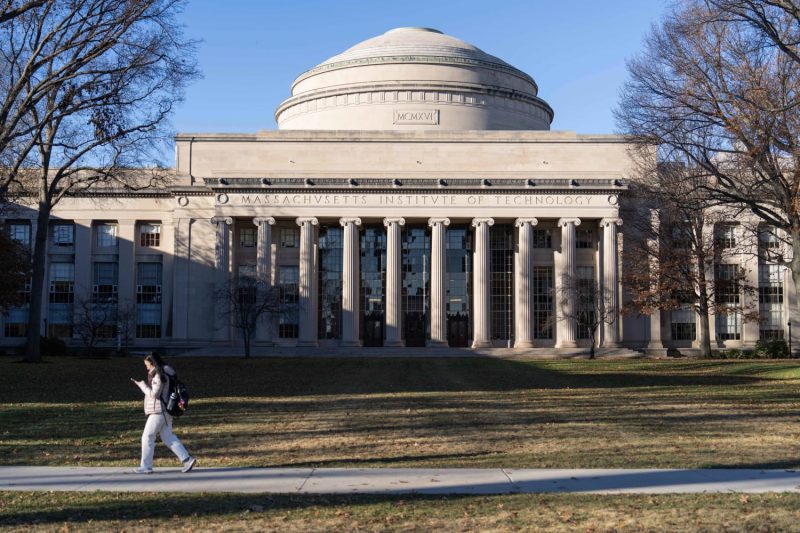The issue of government aid for college students has been a perennial puzzle, an itch that seemingly all generations suffer, but with no permanent solution in sight. Now, the predicament has further been compounded as millions of students across the country grapple with uncertainty just as their new academic year begins. The Free Application for Federal Student Aid (FAFSA), a financial aid application system disseminated by the U.S. Department of Education, has announced a delay in the application process until March. Traditionally, the FAFSA system is opened by October, giving students ample time to prepare for their forthcoming academic year. However, the delay in this cycle pushes colleges, students, and parents into a perplexing phase of suspense and anxiety.
The reason for the delay is intricately tied to the pandemic and the challenges it has thrown at educational institutions and students. The bureaucratic machinery was forced into an unforeseen standstill due to remote working conditions, social distancing requirements, and general inertia caused by a lack of preparedness for such an unprecedented situation. Furthermore, the waves of emergency funding for pandemic relief had already stretched the Department of Education’s resources thin.
This delay may not seem significant on the surface, but for millions of students whose education hinges on the aid they receive, it presents a threatening hurdle. The current enrollment trends suggest that there has been a decline in the student population due to the pandemic, and this setback could add fuel to that downward trend. This is particularly relevant for students from underprivileged backgrounds who are overwhelmingly dependent on financial aid for their college pursuits.
Moreover, the delay’s ripple effects extend far beyond the individual applicants. Institutions that primarily rely on these funds to keep their operations running now face a potential monetary crunch. Without the inflow from student aid, these colleges, often populated by students from lower-income bracket families, might face significant operational setbacks, affecting the complete college ecosystem comprising faculty, staff, and other support services.
Solving this issue remains paramount, and it is in the hands of government officials to address this massive roadblock. They must harness their collective intelligence and effort to resolve the issue, be it by improving the technological infrastructure that powers FAFSA or by strategizing a more streamlined allocation of resources.
One proposed interim solution is implementing an automatic FAFSA application process linked to students’ tax return data. This could ultimately save time and make the aid distribution process more efficient and less dependent on manual intervention. Additionally, students should be encouraged to explore other avenues for funding, such as scholarships, grants, or work-study programs, while waiting for FAFSA to resolve its current issues.
The delay in FAFSA aid application dispersal signifies a pivotal juncture in the realm of college funding. The urgency of finding a solution is marked by the anticipation and concern in the hearts of millions of students whose futures hang in balance. As an academic community, this is a scenario that invites reflection, dialogue, and swift action to uphold the ideals of accessible education, unhampered by systemic roadblocks, to serve those the system was designed to uplift.




